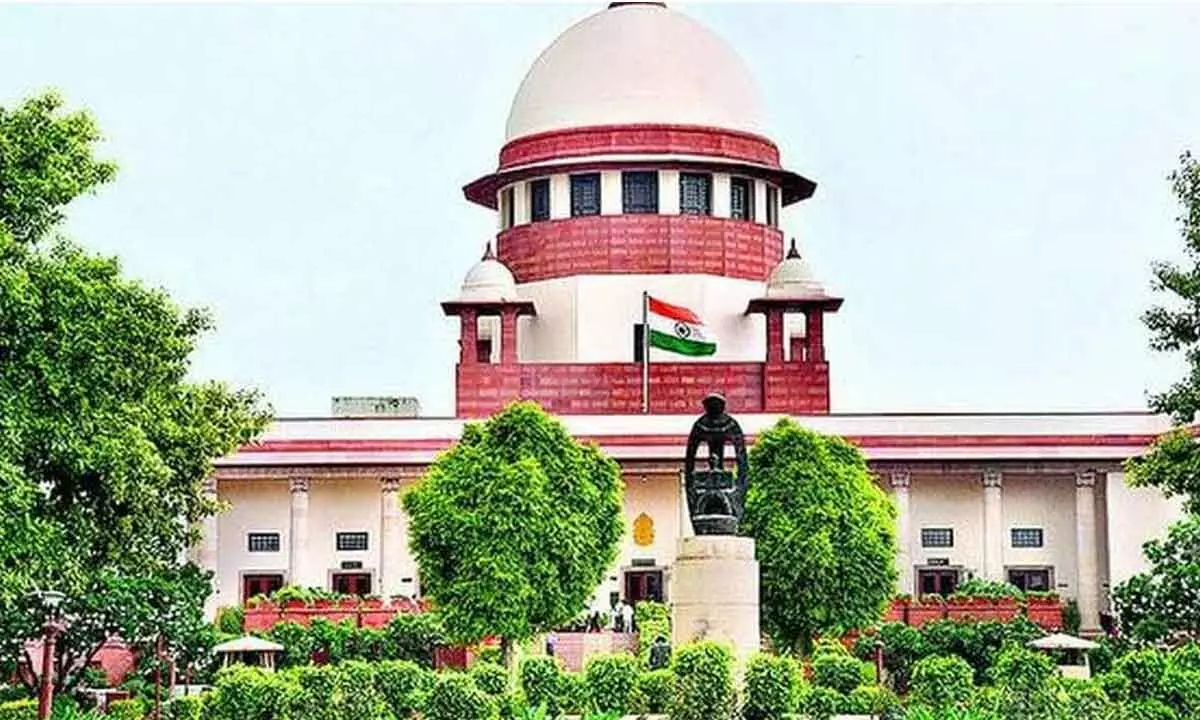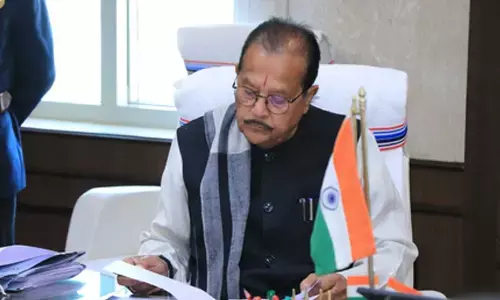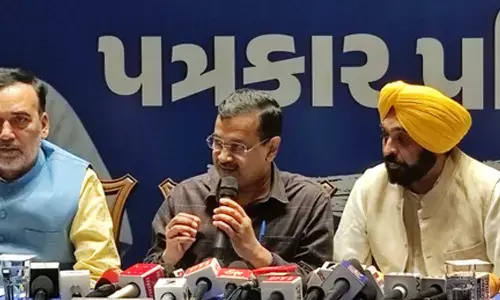Governors can’t keep bills pending indefinitely: SC

Governors must show deference to the use of expression ‘as soon as possible’ under Article 200 of the Constitution, making it obligatory to quickly return a bill with a message on the reconsideration of the proposed law if they chose to withhold their assent.
New Delhi: Governors ‘cannot be at liberty to keep bills pending indefinitely’, the Supreme Court has ruled in a judgment, emphasising that the exercise of unbridled discretion in areas not entrusted to the discretion of the Governor risks walking roughshod over the working of a democratically elected government in the state.
According to a bench led by Chief Justice of India Dhananjaya Y Chandrachud, state Governors must show deference to the use of expression “as soon as possible” under Article 200 of the Constitution, making it obligatory to quickly return a bill with a message on the reconsideration of the proposed law if they chose to withhold their assent.
“Constitutional language is not surplusage. The expression ‘as soon as possible’ is significant. It conveys a constitutional imperative of expedition. Failure to take a call and keeping a bill duly passed for indeterminate periods is a course of action inconsistent with that expression...The Governor cannot be at liberty to keep the bill pending indefinitely without any action whatsoever...The Governor is not at liberty to withhold his action on the bills which have been placed before him,” said the bench, also comprising justices JB Pardiwala and Manoj Misra.
The court pointed out the Governor must return a bill to the legislature for a review if she/he decides not to give her/his assent to it because any other interpretation of the constitutional provision would mean that the Governor, as the unelected head of state, can virtually veto the functioning of the legislative domain by a duly elected legislature by simply declaring that assent is withheld without any further recourse.
The court’s judgment came on a petition moved by the Punjab government against state Governor Banwarilal Purohit keeping four bills, including those pertaining to fiscal management and the administration of gurudwaras, pending since June. While the court had on November 10 dictated the operative part of the judgment in open court, asking Purohit to make a decision on the four bills in accordance with the Constitution, the detailed judgment was released on Thursday evening.








